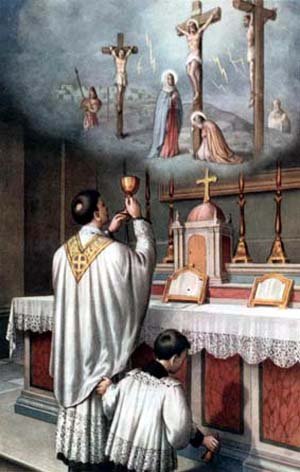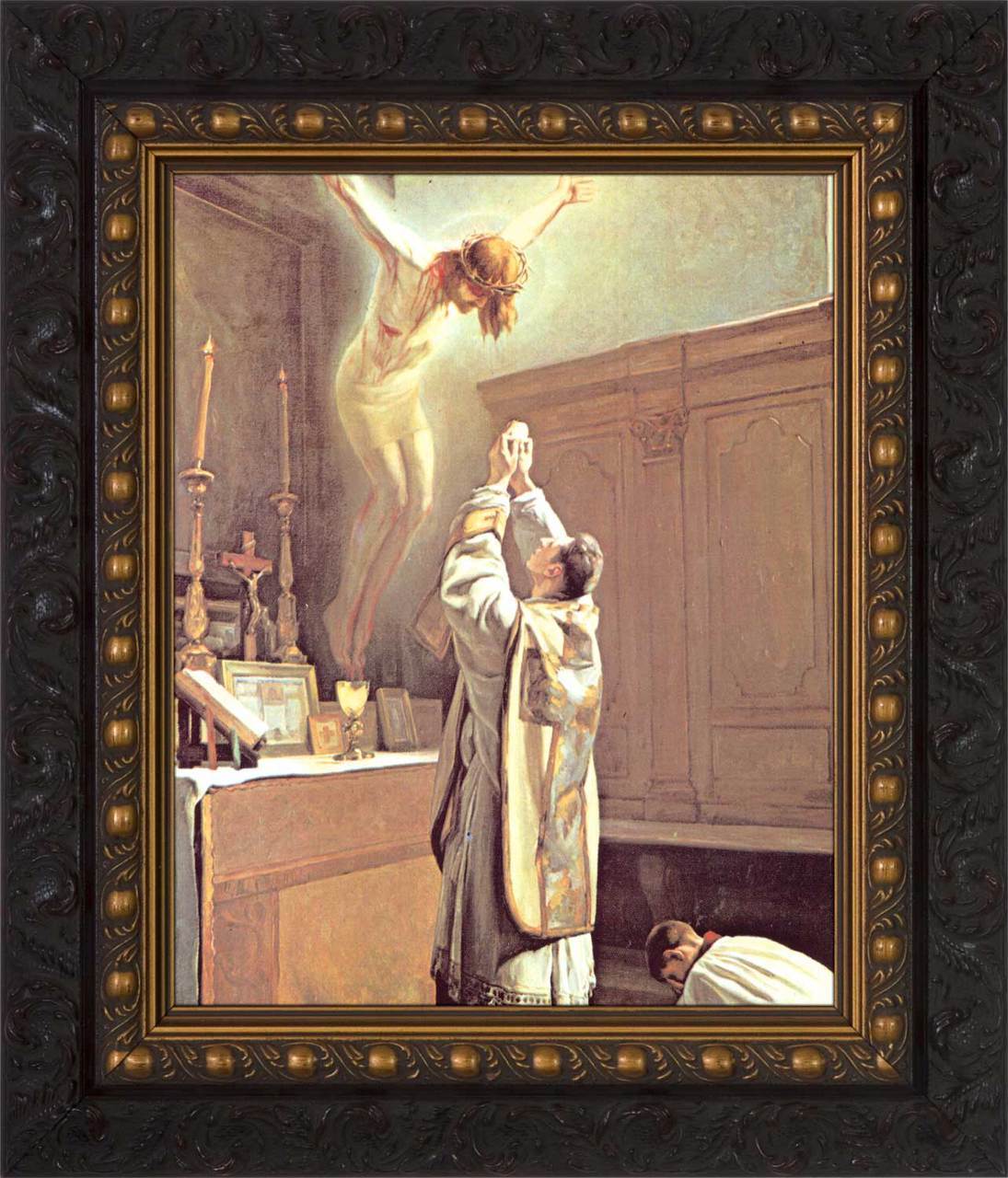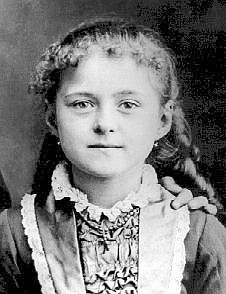Dominus vobiscum, Et cum spiritu tuo.
The Lord be with You, And with thy spirit ...
Wednesday, December 09, 2009
For the 3rd Sunday of Advent - Gaudete!
 Rejoice! It's Gaudete Sunday coming up! :)
Rejoice! It's Gaudete Sunday coming up! :)
Rorate Caeli ...
Labels: Advent
Monday, December 07, 2009
Beethoven's Heiligenstadt Testament
I was enthralled when I read this:
The Heiligenstadt Testament (translation)
For my brothers Carl and [Johann] Beethoven
Ludwig van Beethoven
Heiligenstadt,
October 6th, 1802
Taken from www.all-about-beethoven.com
Labels: Beethoven
Little Baby Jesus, Christmas Preparation
Besides the use of the Advent wreath, a number of traditions exist which are designed to help the Christian family, especially the children, in their preparation for the feast of Our Lord's Nativity.
Among public practices of this kind is the custom of holding a novena before December 25. In the Latin countries of Europe and South America, this novena is held as an evening devotion in church, with prayers and benediction of the Blessed Sacrament (Novena del Nino). In Central Europe it is a novena of Masses which are said early in the morning.
In the spirit of this ancient tradition, families could add a small feature to their daily Advent prayers to bring out the character of the novena. One suggestion might be to use the famous "O Antiphons," which in themselves form a kind of liturgical novena within the Divine Office. A good English translation may be found in the pamphlet, Family Advent Customs, by Helen McLoughlin (The "O Antiphons" or "Greater Antiphons" are also found in the traditional St. Andrew Daily Missal following the Third Sunday of Advent. See below.)
For grown-up members of the family and for older children there could be no better way, of course, to make this novena than daily attendance at Mass, if possible.
Another custom, which originated in France but spread to many other countries, is the practice of having the little children prepare a soft bedding in the manger by using wisps of hay or straw as tokens of prayers and good works. Every night a child is allowed to put into the crib one token for each act of virtue or devotion performed in preparation for Christmas. Thus, the figure of the Christ Child will find on Christmas day an ample supply of tender straw to soften the hardness of the manger's boards.
An old Catholic custom is the writing of "Christmas letters" by the small children. These letters, addressed to the Child Jesus (not to Santa Claus), are written or dictated by the little ones sometime before Christmas. They contain their wishes concerning presents, petitions for various intentions and a promise of sincere effort to please Our Lord in preparation for Christmas. When they go to bed, the children put their letters on the windowsill, from where "angels" take them during the night to bring them to the Child Jesus in Heaven. This charming custom helps the parents to impress on the minds of their little ones the importance of a sincere spiritual preparation and at the same time acquaints them with their children's desires and wishes for particular presents. Parents who favor this custom will often be deeply touched then they discover that some of their children put more stress on spiritual graces than on mat! erial gifts, even on an occasion like this.
Finally comes Christmas Eve, the day of immediate preparation. An atmosphere of joy and solemnity pervades the house. It is on this day (and not before) that the Christmas tree and all other decorations should be put up. The hearts of the children are filled with the spirit of the day, which alternates between devotion and happy excitement.
With a little effort on the part of parents, the activities of Christmas Eve could be organized into an inspiring unit of prayer, work and celebration. A division of tasks and a spirit of teamwork will heighten the joys of the day. According to ancient traditions, the evening meal might be arranged as a festive occasion. For the last time, the Advent devotion is held, and a little prayer or song might be included which expresses the thought of the glorious vigil, like this ancient prayer-hymn, inspired by the Introit of the Rorate Mass:
Dews of Heaven, bring the Just One,
God the Son, in human nature
THE "O ANTIPHONS"
December 17
O Wisdom, Who didst come out of the mouth of the Most High, reaching from end to end and ordering all things mightily and sweetly: come and teach us the way of prudence.
December 18
O Adonai, and Leader of the house of Israel, Who didst appear to Moses in the flame of the burning bush, and didst give unto him the Law on Sinai: come and with an outstretched arm redeem us.
December 19
O Root of Jesse, Who dost stand for an ensign of the people, before Whom kings shall keep silence, and unto Whom the Gentiles shall make their supplication: come to deliver us, and tarry not.
December 20
O Key of David and Sceptre of the house of Israel, Who dost open and no man doth shut, Who dost shut and no man doth open, come and bring forth from his prison-house the captive that sitteth in darkness and in the shadow of death.
December 21
O Dawn of the East, Brightness of the Light Eternal and Sun of Justice, come and enlighten them that sit in darkness and in the shadow of death.
December 22
O King of the Gentiles and the Desired of them, Thou Cornerstone that dost make both one, come and deliver man, whom Thou didst form out of the dust of the earth.
December 23
O Emmanuel, our King and Lawgiver, the Expected of the Nations and their Saviour, come to save us, O Lord our God.
- From http://www.chantcd.com/lyrics/
Sincerely in Christ,
Our Lady of the Rosary Library
"Pray and work for souls"
http://olrl.org
Labels: Advent
Friday, December 04, 2009
Beethoven
Beethoven is a genius.
I love his Symphony No. 7, especially the second movement, Allegretto.
Here's a link to watch Herbert Von Karajan conducting Beethoven's Symphony No. 7 in A Major, Op. 92.
If I had more time, I would find out which orchestra is playing with Von Karajan in the link above (or is it the other way around, I'm getting tired, so that's why my sentences can't come out right), but the night is coming down on me, and it is off to dreamland where I pray, my dearest guardian angel, JMJ, my soul to keep.
Labels: Beethoven
Our Preparation for Christmas
 I post this post ... for the 2nd Sunday of Advent, one more week to Gaudete Sunday, two more weeks to the 4th Sunday of Advent, approximately three more weeks to Christmas!!
I post this post ... for the 2nd Sunday of Advent, one more week to Gaudete Sunday, two more weeks to the 4th Sunday of Advent, approximately three more weeks to Christmas!!
Labels: Advent
Quotable Quotes
... for out of the abundance of the heart the mouth speaketh.
mors et fugacem persequitur uirum
nec parcit inbellis iuuentae
poplitibus timidoue tergo.
Labels: Quotable Quotes
























